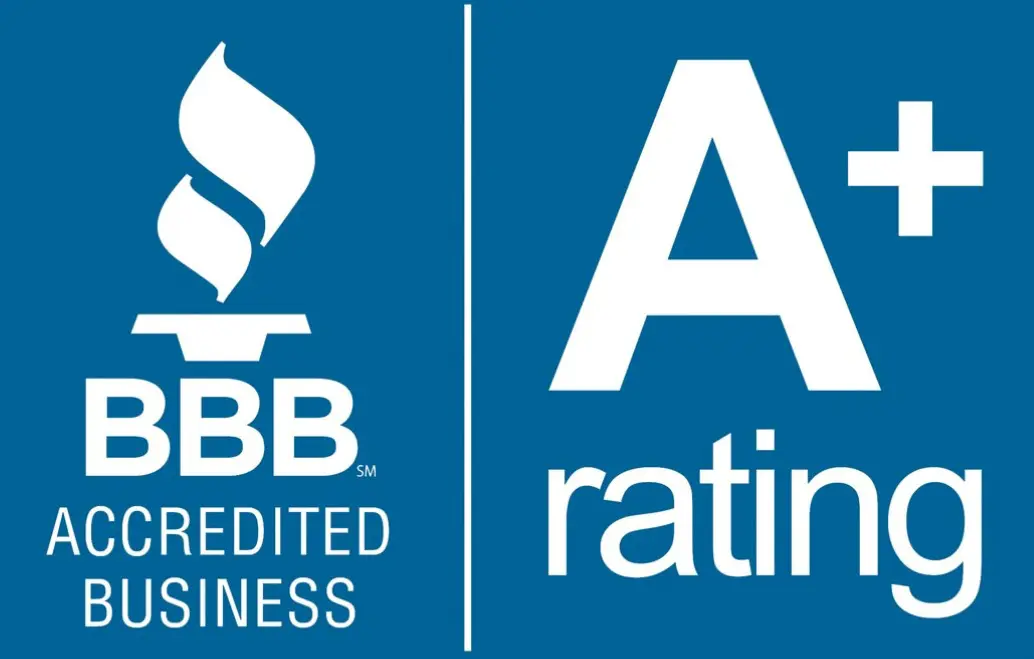5 Tips For Writing The Best Resume With The Fewest Words

However, depending on your career and the job for which you’re applying, a long resume could damage your chances of being hired. It’s important to keep your resume concise by including only the information relevant to promoting yourself for the position. If you find your resume is filled with “fluff,” or information that serves no purpose other than to pad out the length of your resume, apply some of these helpful tips to hone your message and showcase your talents in a professional, to-the-point manner.
Make sure your resume passes the “skim test.”
Hiring managers review a lot of resumes. For any single position, based on the amount of public interest, he or she might read dozens or even hundreds of resumes. As a time-saving measure, most managers will first skim over your qualifications just to ensure they don’t waste time reading a verbose essay by someone who doesn’t even meet the job’s basic requirements. Because of this, your resume needs to be easy to skim through.
Take a copy of your resume and quickly scan over it. If someone were to only take a few seconds to read over it, would they know the most important things about you? Make sure that any qualifications that you think are especially important stand out on paper. Bold or otherwise set apart your skills and experiences that are listed as essential to the position. Further, you should write your introduction like it’s the only thing they’ll ever read. Ensure that it gives your “elevator pitch” and provides a clear picture of your abilities in a few sentences.
Keep it current.
As you continue to progress down your career path, you’ll find that employers care far less about what you were doing two decades ago than what you were doing in the past few years. You’ll often find that your earliest endeavors aren’t in line with what you’re actively pursuing today. If older positions don’t contribute to the job you’re currently seeking, leave them off the resume. Remember by eliminating irrelevant or unnecessary information, your most important qualifications become more visible.
Make updates to your resume that are specific to the job you’re seeking.
Even if you’re looking for a limited range of positions with relatively similar job duties, each hiring manager may be looking for different characteristics, certifications, and experiences. Pay close attention to the jobs you’re applying for, and tailor your resume specifically to that position.
Does one employer seem more concerned about qualifications in technology? If so, draw more attention to the software and hardware you’re familiar with. Does one hiring manager value experience from one of your past jobs more than another? Flesh out your job description for the valuable experience, and consider minimizing or eliminating details about the less applicable job. Each employer will be looking for something different, so be sure to identify their biggest needs or concerns and address them with extra emphasis in your resume.
Eliminate unnecessary educational credentials.
It might make you feel nostalgic to include your graduating high school class on your resume, but do yourself a favor by keeping that in the past. It should go without saying that hiring managers care more about your work and professional experience than the activities you were involved with in high school. Unless an achievement propelled you toward your current goal or you are entering the work world directly from high school, the high school information is not needed. If you have attained a degree that’s relevant to the position you’re seeking, include it by all means but be targeted in what educational credentials you list.
Be readable, not pretentious.
If you use big words to impress your potential employers, you’re more likely to give them a headache than a good impression. Again, this comes down to the fact that many hiring managers have a stack of resumes that reaches the ceiling. If your writing is bloated with esoteric industry terminology, unwieldy passive language (“this duty was handled by me”), or your resume otherwise looks like it was written with the aid of a thesaurus, consider simplifying or eliminating the content in question. Focus on the main objective of your resume, which is to present your qualifications as clearly as possible, not prove to your future boss that your minor in English is useful.
To recap, it’s not so much the actual length of a resume that determines its effectiveness, but the actual content. If you’re applying for a particularly ambitious post that’s the culmination of years of hard work, it may be necessary for you to write a 3-page resume if that’s what’s required to provide the full picture. However, for most applicants, less is more. Clarity is perhaps the most important quality of a successful resume, and it can only be achieved by focusing on selling yourself for the position and nothing else.

